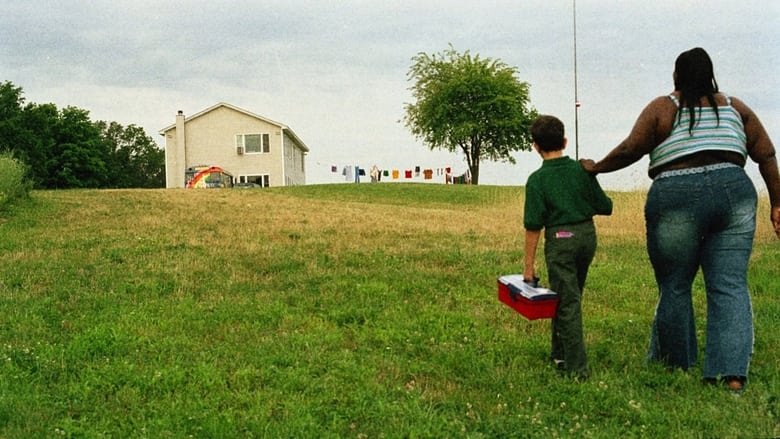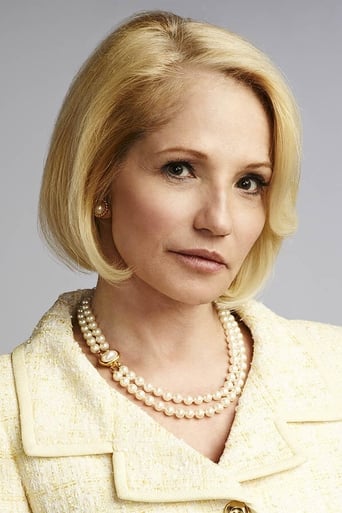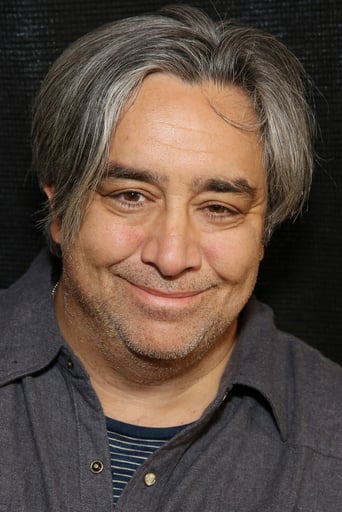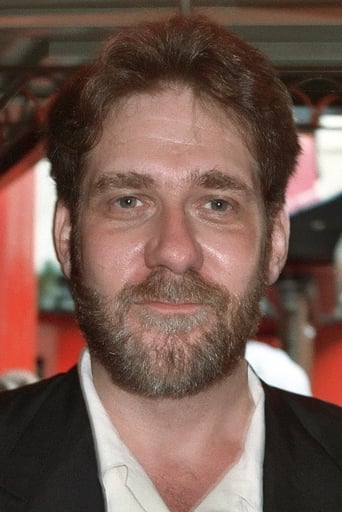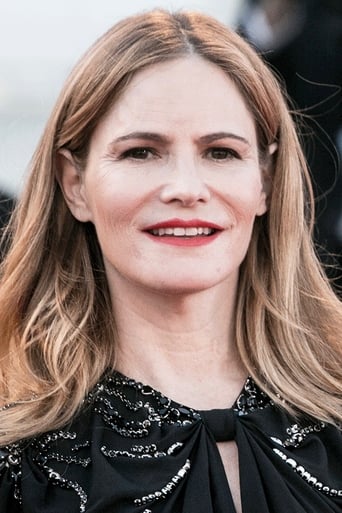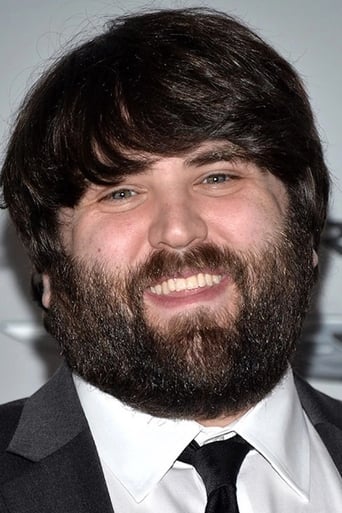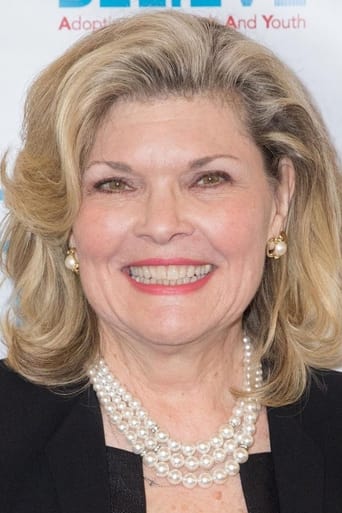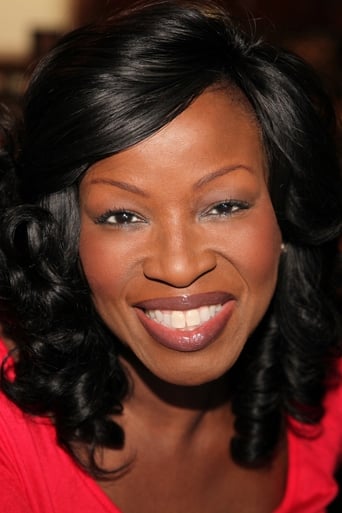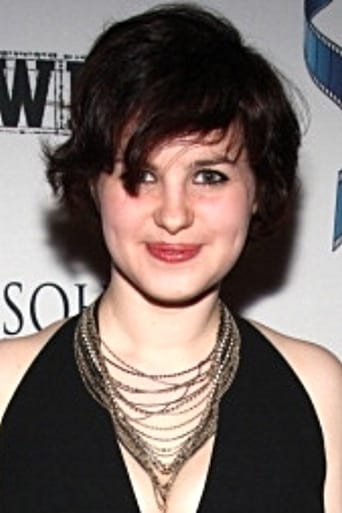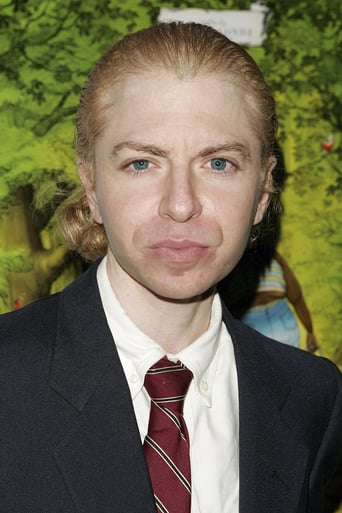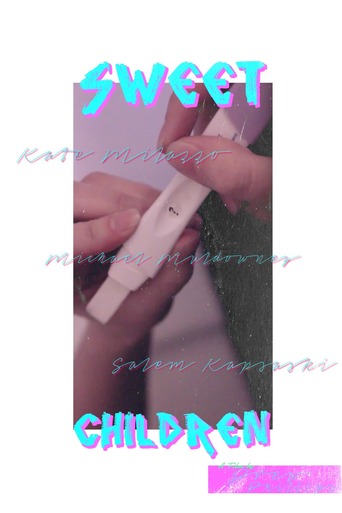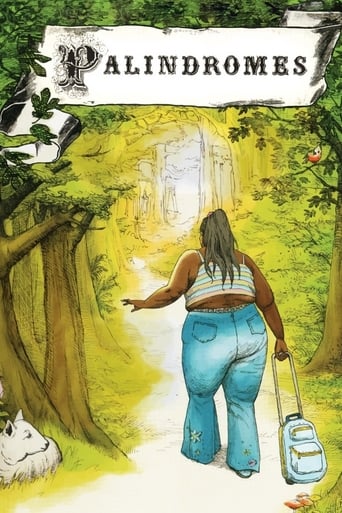
Aviva is thirteen, awkward and sensitive. Her mother Joyce is warm and loving, as is her father, Steve, a regular guy who does have a fierce temper from time to time. The film revolves around her family, friends and neighbors.
Similar titles
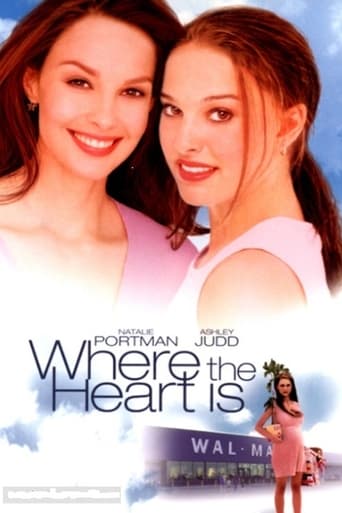
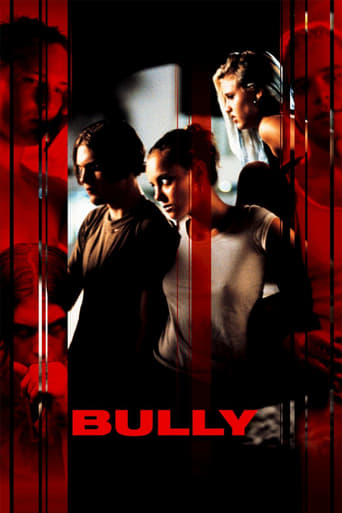
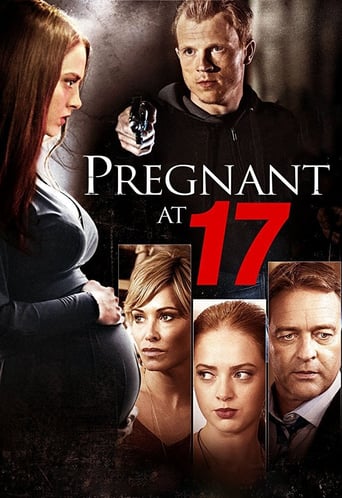
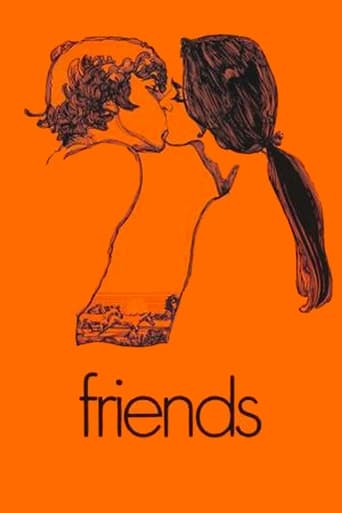
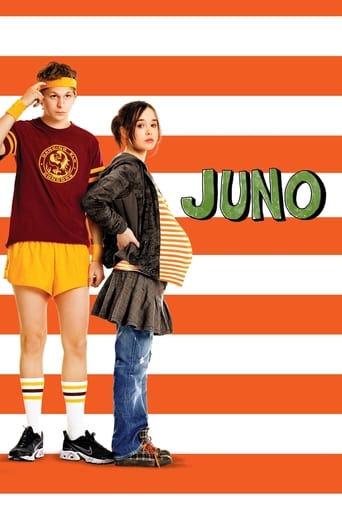

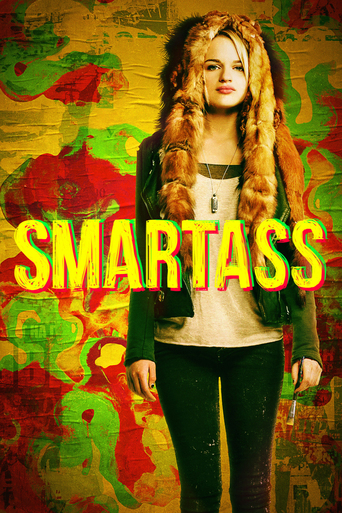
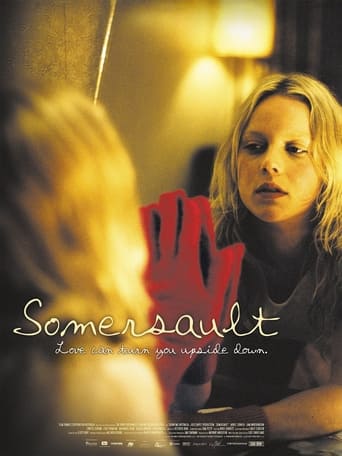
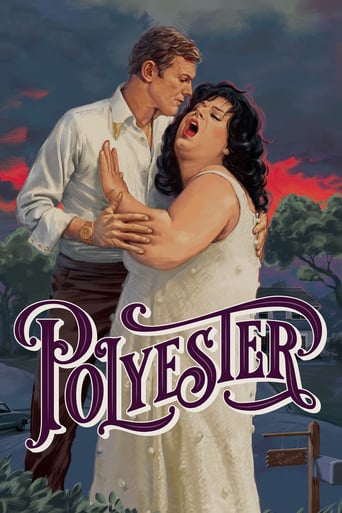
You May Also Like
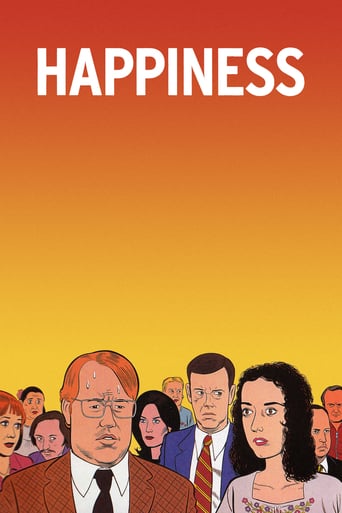
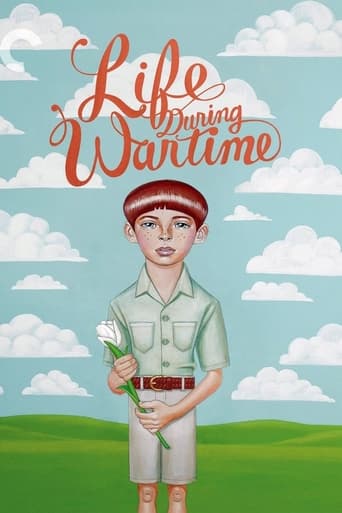
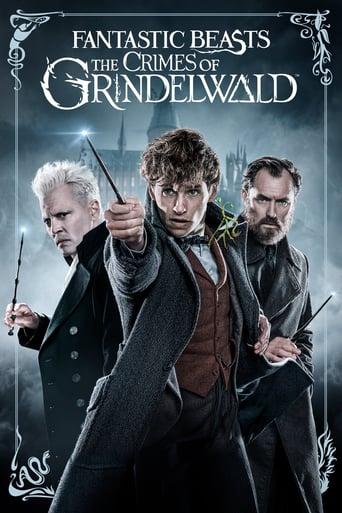
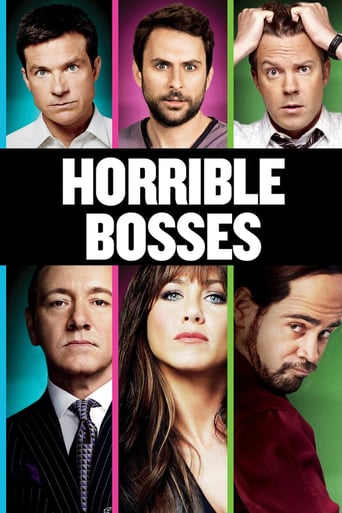
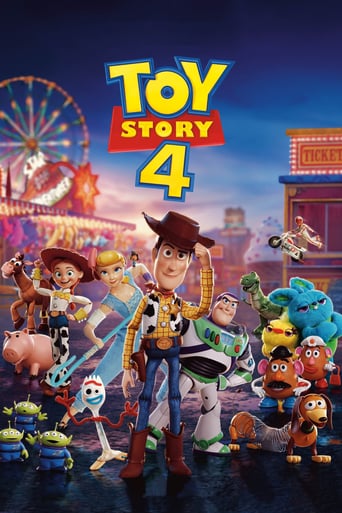
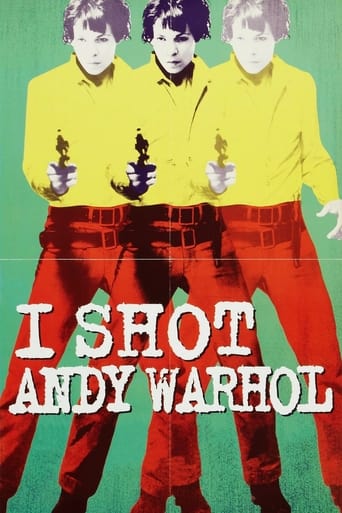
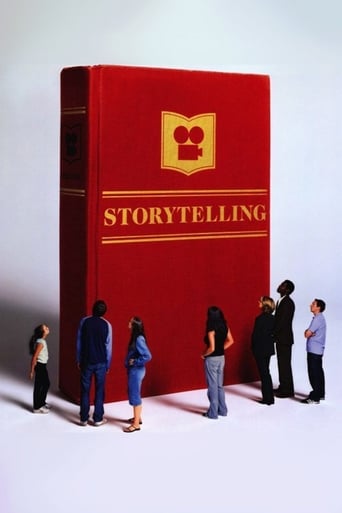
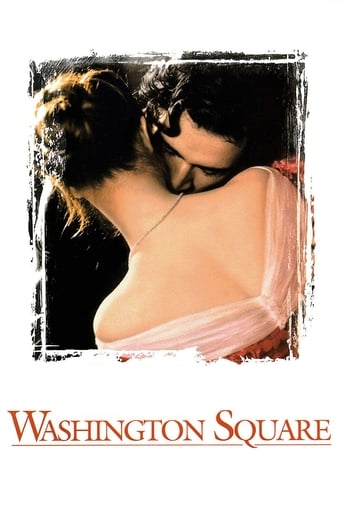

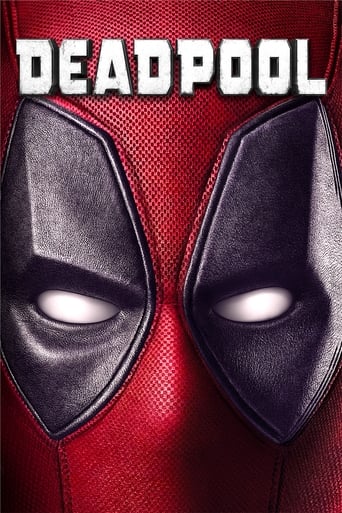
Reviews
Plenty to Like, Plenty to Dislike
How sad is this?
Excellent, Without a doubt!!
It is neither dumb nor smart enough to be fun, and spends way too much time with its boring human characters.
Todd Solondz's fifth feature, a divisive drama-comedy even among his acolytes, PALINDROMES makes great play of an outré gimmick, its protagonist, a 13-year-old girl Aviva is played by eight different actors in its chronicling chapters (8 chapters plus a coda rehashes the same procedure in Aviva's broody attempt), they are vary in appearance, age, race, even sex (including one familiar face, Jennifer Jason Leigh, superbly cooing to capture a child's mannerism), fairly predates I'M NOT THERE. (2007), from another Todd, incontrovertibly much more prestigious, Mr. Haynes. Yes, Aviva, her name is a palindrome, which is recently implemented in Denis Villeneuve's ARRIVAL (2016) to under-gird the ethereal mystery of predestination, yet in Solondz's methodology, palindromes are emblems of human nature, which is explicitly rounded out by the acrimonious speech of Mark Wiener (Faber) near the ending, a character stems from Solondz's breakthrough WELCOME TO THE DOLLHOUSE (1995), here an alleged pedophile shunned by everyone else but Aviva - we perpetually run back to the same pattern in our individual trajectory and remain more- or-less the same person, that is palindrome, a sociological pathology nestled everywhere. The story unflinchingly tackles the thorny subjects of baby fever, teen sex, abortion-and-its-risk, child abuse, religious fanatics and pedophile, sometimes feels a tad over-stretching to skewer all these into one feature length, and how on earth could we endorse an opinionated pre-teen who is possessed with the idea of becoming a mother, with some part of the world is still endemic with harrowing child-bride horrors? Nor can we lay the complete blame on her helicopter mom Joyce Victor (Barkin), as self-serving and inconsiderate as she is, when a girl is at that delicate age, honestly, moms always know the best. Ingenious as the narrative device is, spoon-feeds us with the universality of the identity of Aviva, each chapter can be regarded as a vignette holds its own wholeness, interleaved with an idyll interlude when Aviva is played by a boy (Denton) roaming in the countryside. The meat of the story is the chapter where Aviva is portrayed by a plus-size adult black woman (Wilkins), an elephantine presence where a 13-year-old girl dwells inside, this agency of discrepancy imbues a perturbing vibe during Aviva's sojourn with the counter-intuitively insidious foster family headed by God- botherers Mama Sunshine (Monk) and Bo Sunshine (Bobbie). And in the ensuring sequences where Aviva hitchhiking with a stocky middle-aged lorry-driver-turns-hit-man Bob (Guirgis), the inappropriately one-sided tenderness is spiked with a pungent scent of reactive self- consciousness from another side, one might get bemused in Solondz's straddling stance about the semi-romantic-semi-perverse rapport (though we firmly grasp his take on pro-choice/pro-life option) until the violence bursts out, follows by a foregone conclusion and rounds off Aviva's daring adventure. Contentious in its self-inflicted archness, PALINDROMES is hard to decipher after its bold but sketchy presentation of a nexus of problems beset in America, like a nihilistic anecdote sums up to this: everything sucks, people are doomed and our world rotates in a rut, ad nauseam, especially under today's circumstances, we don't need to watch a movie to get a glimpse of this.
Like Woody Allen, Todd Solondz spends his time poking fun at man's foibles, whilst perhaps simultaneously wishing he weren't part of the very social fabric he condemns. It's your classic ego trap: "I'm better and above you, but worthless and wish I were with you." Solondz made "Fear, Anxiety and Depression" in 1989. He wrote and directed that film and, like Woody Allen, also cast himself as the film's neurotic hero. Like Allen's alter ego in "Annie Hall", the geeky looking Solondz spent the entire film bumbling about, venting his various dissaffections.Solondz was never happy with "Fear", however, and promptly disowned the film when his producers re-edited it behind his back. Burnt by the film industry, Solondz slipped into depression. He withdrew into isolation and became a teacher and writer. During these years his approach to art changed drastically. His screenplays became more formal, more precise, more caustic, and his visual style became cold. Ice cold.Solondz's first film when he emerged from his depression was "Welcome to the Dollhouse". Drawing upon his own unhappy school years, "Dollhouse" is about Dawn Weiner, a girl whom the universe seems to have condemned. More sinister than similar teen movies, "Dollhouse's" Dawn is so insecure she's happy to let a kid at school rape her if it means validating her own self worth. This would be rapist is himself marginalized, insecure and so reliant on sexual threats for self validation. Dawn is so filled with rage she even saws off the heads of her sister's dolls, fantasises about bashing people with a hammer and deliberately causes her sibling to be kidnapped by a local paedophile. Meanwhile, all the abuses people hurl at the geeky Dawn, Dawn hurls down at her little sister, a girl whom she unfairly despises. The result is that Dawn is shown to be capable of the same kind of brutality that she's subjected to. Social bullying is internalised, becomes self-hatred, and is then redirected violently back out at others."Dollhouse" was a cosy film compared to Solondz's next three flicks. In "Happiness" he portrays a web of characters, all of whom harbour different problems and neuroses, and all of whom are linked by their desire for absolute contentment. And so we have a paedophile who is only happy around kids, a successful writer who is only happy if she writes something of substance, a musician (who ironically writes songs of substance) who can't find success and is so discontent, an elderly couple who no longer have the will to live, a fat man who fantasises about raping women, a fat woman who is disgusted by sex and a dopey housewife who is blissfully unaware of the disturbing truths that exist beneath her sweet suburban facade. Forget "American Beauty" and "Blue Velvet". Solondz ends his film with a Norman Rockwell kid ejaculating on his front balcony. Solondz's point is almost classically psychoanalytic: Lack breeds Desire breeds Suffering. Peel away the emotional baggage and happiness is a stain that oft amounts to nothing more than a fleeting moment of biological bliss."Happiness" doesn't broadening its horizons to tackle the wider social and structural issues that better directors align to their existential musings, but it does offer more than Sam Mendes' "American Beauty". Indeed, Solondz's next film, "Storytelling", seemed designed to address those critics who pointed out the similarities between "Happiness" and "American Beauty". Mendes has himself slammed Solondz on numerous occasions, and so perhaps "Storytelling" is best viewed as a sort of intellectual assault on Solondz's critics."Storytelling" is divided into two segments, the first called "fiction" the second called "non-fiction". "Fiction" is about a creative writing student who has "sympathy sex" with a mentally disabled kid and later lets her African American teacher "rape" her. She then turns her experiences into a work of fiction which purports to be "truthfully" based on these factual encounters."Storytelling's" second segment then focuses on a documentary director who makes a documentary called "American Scooby" (a parody of "American Beauty") in which he follows a high school student around campus. The documentary director hopes to uncover the "truth" of growing up in suburbia, but in reality is merely transposing his own "deep thoughts", self-analysis and existential hang-ups onto a modern teen who is actually a dopey airhead. The end result is that film-maker and child enter a sort of exploitative relationship. The kid gets fame and is portrayed as being "deeper" than he is, while the film-maker gets prestige for nothing. End result: Solondz essentially advocates the sort of "truthful" sensationalism present in the non-fiction segment of the film, whilst aligning human delusions (love, romantic illusions, family etc) with the fictions of the second half. Other themes abound - the power games and domination/exploitatin reversals of "Dollhouse" are reworked here with subplots about a vengeful maid and a black teacher - but it's the "American Beauty" angle that's most interesting."Palindromes" is thus far the weakest of Solondz's films. The first and last words in the movie are "Mom", a pair of palindromes through which Solondz implies that "nothing ever changes". Indeed, Solondz makes the film a palindrome at every level, his Schopenhaueran point being that we are paradoxically always changing and never changing (hence different actors play the same character), every desire and addiction merely supplanting another. It's an extremely bleak film, depending how much trust the audience puts in its final monologue. This bleakness has led to critics labelling Solondz a misanthrope, but he's no more colder than both Allen and the Coens, two other contemporary critical darlings who've spent their careers reworking similar material.7.9/10 – "Welcome to the Dollhouse", "Palindromes" 8/10 – "Storytelling", "Happiness"
13-year-old Aviva is awkward and sensitive. And she wants a baby. She meets(and yes, has intercourse with) a couple of potential fathers, runs away from home and is at one point with a family of fanatical Christians where most of the members are children who were abandoned because of a disability they have... and this portion is the creepiest and most disturbing thing I've ever seen(and you feel trapped there). Solondz divides audiences yet again. This has been called provocative, smart, artsy, disgusting and honest, and I think it is all of the above. No, the man is not "well", mentally. The line between genius and madman is thin, if there is one. While this doesn't mean that we should accept everything that is offensive, I do think that this one offers enough insight and poses important questions. Sometimes you have to break the rules, go against taboo, to point something out. If there isn't a message, or it is a purely destructive one, we can discard the work as "wrong". This confronts abortion from several angles, with the usual black, frank approach and existentialism of the writer/director. The story's structure is a palindrome, and several of the names are... because we never really change. We are what we are, and the fundamentals of that remain the same. There are a handful of different people portraying our lead, including a boy(not unlike I'm Not There). This is to show her emotional state at the time, and all we ever see of others are projections, anyway, we never truly see the entire person. Every single role in this is perfectly cast, and the acting is utterly amazing by them all. This arguably makes the point that women want kids, and men want sex. Every character is well-developed, credible and a real human being. We may like them or hate them; we can't help but respond to them. This has few cuts and many long takes. The camera moves if it should, and otherwise not. This is funny at times. The theme song is haunting. There is a lot of pedophilia, a little strong language and brief, bloodless violence in this. The DVD comes with a trailer for this. I recommend this to anyone with a sufficiently open mind to appreciate this. Not for everyone, and not meant to be. 7/10
The latest film from oddball director Todd Solondz may battle his last film Storytelling for being the least accessible. Reportedly Solondz financed the film himself when he could not find studio backing. The film follows the exploits of young Aviva, the thirteen year old cousin of the Dawn Weiner character from Solondz' first film Welcome To The Dollhouse. Dawn commits suicide off screen and the young Aviva wonders if she is destined for the same fate. Her mother, played by the talented Ellen Barkin, assures her that she's loved and such a fate will not visit her. Aviva spends the rest of the film looking for love and/or trying to get pregnant in order to have a baby to love and return love.What follows is that Aviva is abused, exploited, and mistreated at every turn. She grows more disillusioned throughout the film, discovering the difficulty of her boundless optimism co-existing with the hypocrisy of human beings around her. Solondz attempts to underline the focus of the film fable by removing our identification with a main actress playing Aviva. Instead, several different characters of different ages, genders, races, and sizes play Aviva keeping our attention on the kind of interaction that unfolds throughout the film rather than how or if it affects Aviva. Mark Weiner becomes the spokesperson for Solondz at the end of the film, indicating that people do not really change much. We're raised a certain way, harbor a few desires and wants, and set out to satisfy them, regardless of the world and people around us. This train of thought is also what leads to some funny and ridiculous occurrences in the film. **1/2 of 4 stars.
Top Streaming Movies











